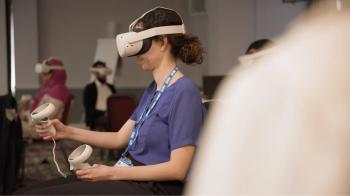
New Additions to the Virtual Reality Studio
This summer, the Virtual Reality Studio and Health Sciences Library have added two new experiences…
The Virtual Reality Studio is a space that facilitates the use and exploration of virtual worlds for education, research, and patient care. The space is free to all University of Minnesota Twin Cities faculty, students, and staff.

Learners at all skill levels can visit the Virtual Reality Studio to:
Virtual Reality Studio staff offer help with projects from idea to implementation.
We have Open Hours for UMN students, staff and faculty to drop in, ask questions, and explore their interests in virtual and augmented reality. See the hours that are posted on this page.
Appointments outside of these hours are available upon request for educational or research interests.
to
HSL VR Studio (5-132 Health Sciences Education Center)
to
HSL VR Studio (5-132 Health Sciences Education Center)
to
HSL VR Studio (5-132 Health Sciences Education Center)
to
HSL VR Studio (5-132 Health Sciences Education Center)
to
HSL VR Studio (5-132 Health Sciences Education Center)
to
HSL VR Studio (5-132 Health Sciences Education Center)
to
HSL VR Studio (5-132 Health Sciences Education Center)
to
HSL VR Studio (5-132 Health Sciences Education Center)
We have the following equipment in the VR Studio:
UMN students, staff and faculty can use their UCard to borrow:
The typical loan period is three days. The items are available at the library service desk located on the 5th floor of the Phillips-Wangensteen Building, just across the skyway from the VR Studio. Access to the portable green screen needs to be planned in advance. Contact Charlie Heinz ([email protected]) for help.
Additional 360 cameras can be found at Walter Library. These 360 cameras allow you to create videos and photos that can be viewed in virtual reality headsets.

This summer, the Virtual Reality Studio and Health Sciences Library have added two new experiences…
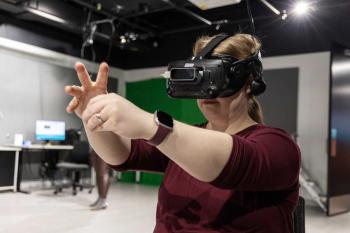
A new first-person program in the Virtual Reality Studio is helping medical students understand Alzheimer’s disease and dementia from their future patients’ perspectives.
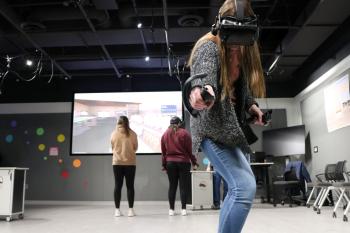
Technology is advancing, and so is occupational therapy. Students in Dr. Tamara Vos-Draper’s OT 7541…
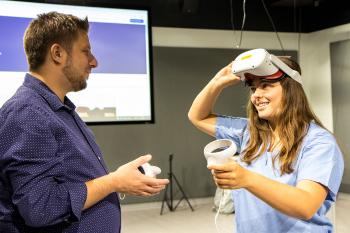
“Do no harm” is a major tenet of the physicians’ creed, in the Hippocratic Oath or a modernized version of it. To reduce risk and improve training, Medical School students participate in simulated clinical experiences where standardized patients — real people trained to show up with certain symptoms — interact with physicians-to-be in a room set up like a clinic or an emergency room. Now, the U’s emergency medicine students are testing in the Libraries’ Virtual Reality Studio.
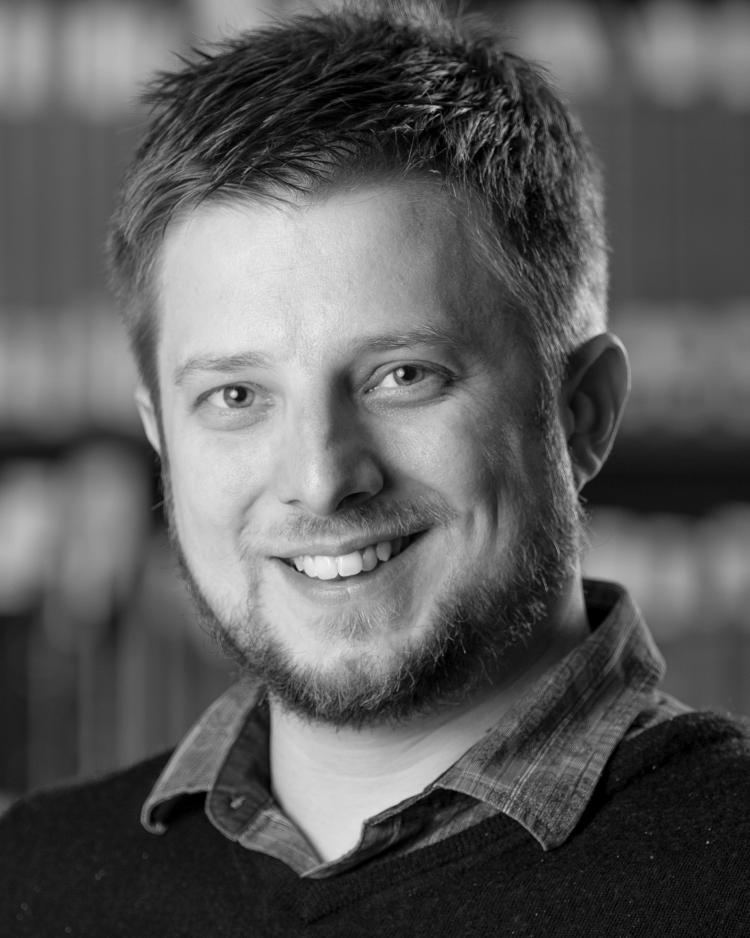
Academic Technologist and VR Program Lead
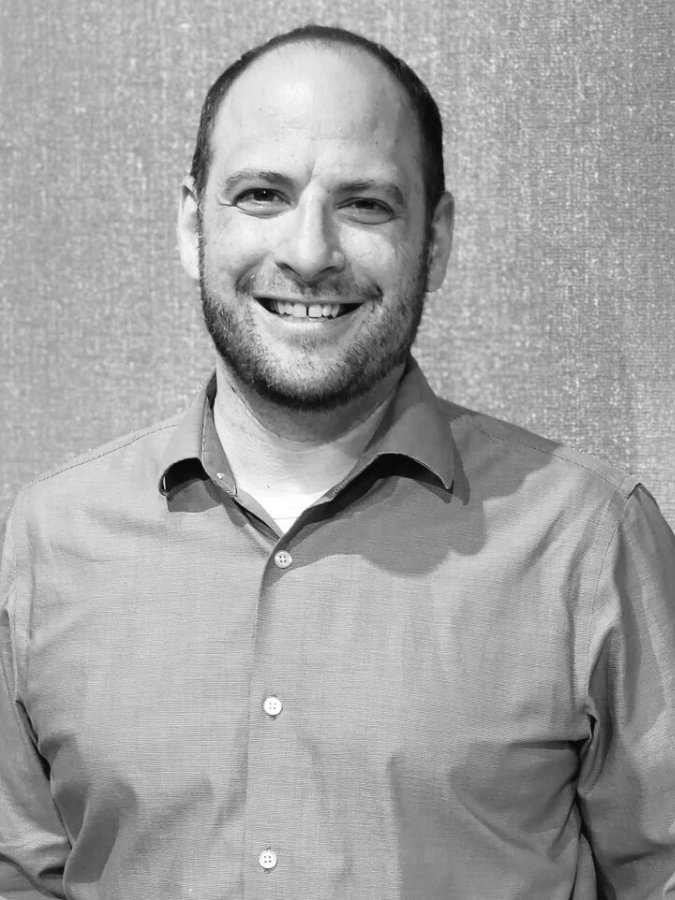
Media Outreach Librarian
3D anatomy, clinical simulations, empathy building experiences, practice communication skills, go on a virtual field trip, design 3D objects, paint in 3D, and more! For ideas, check out these links: